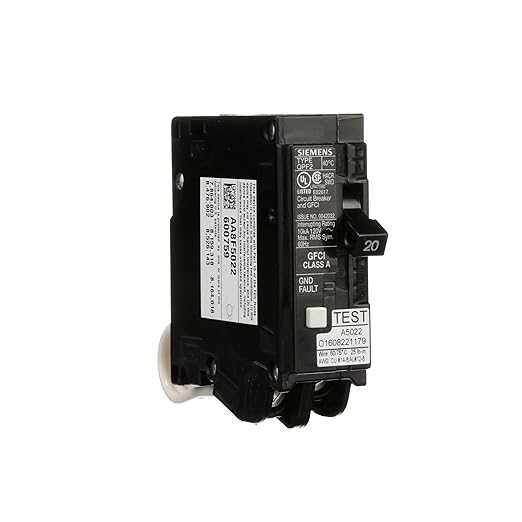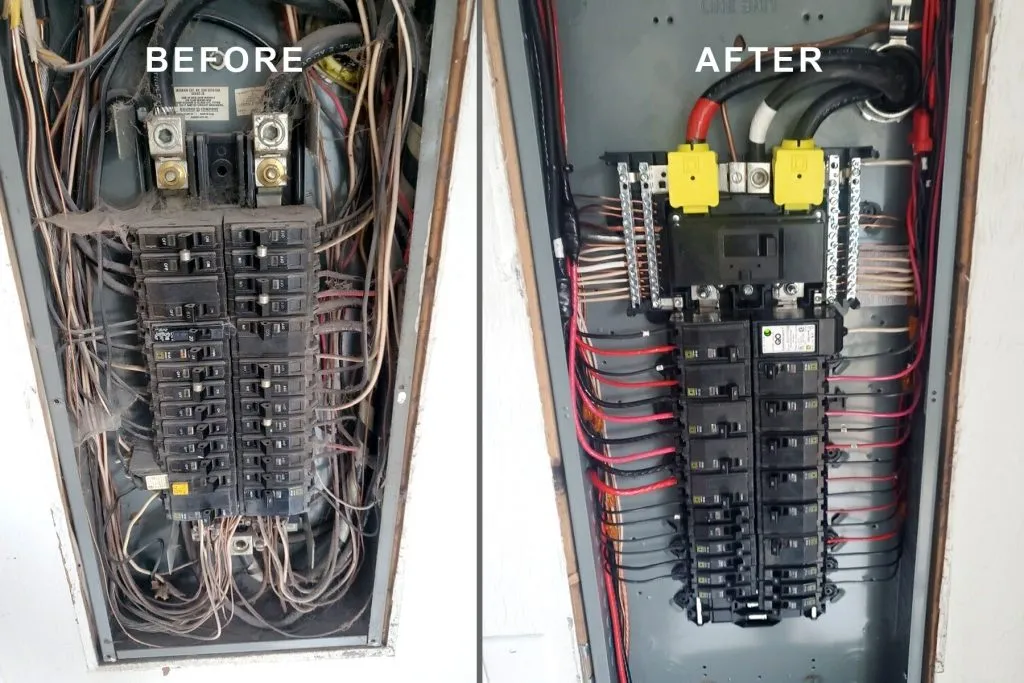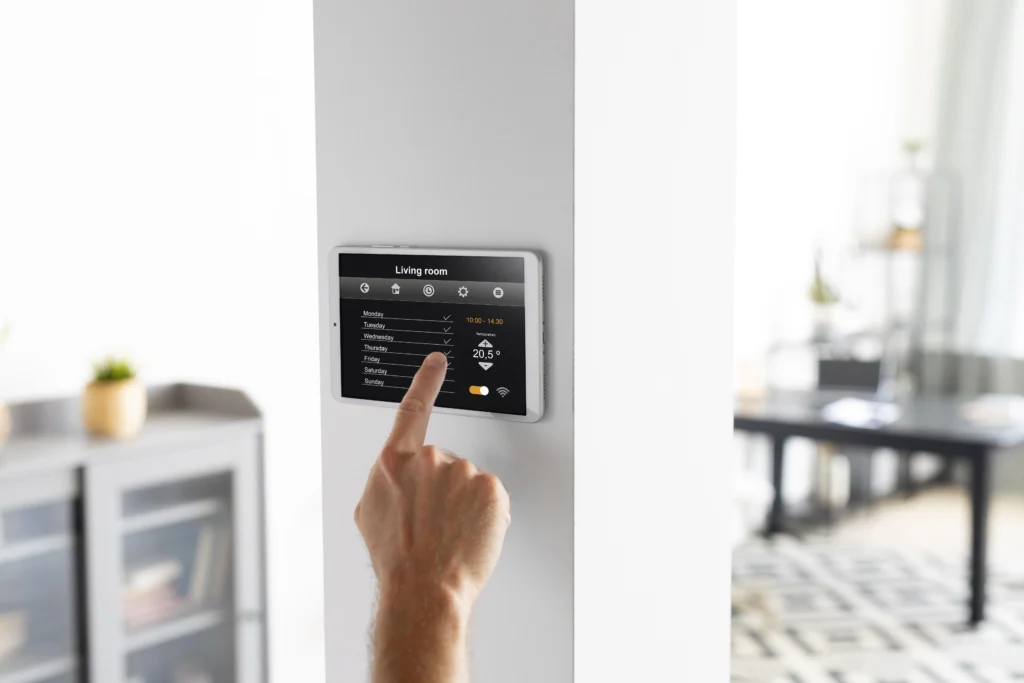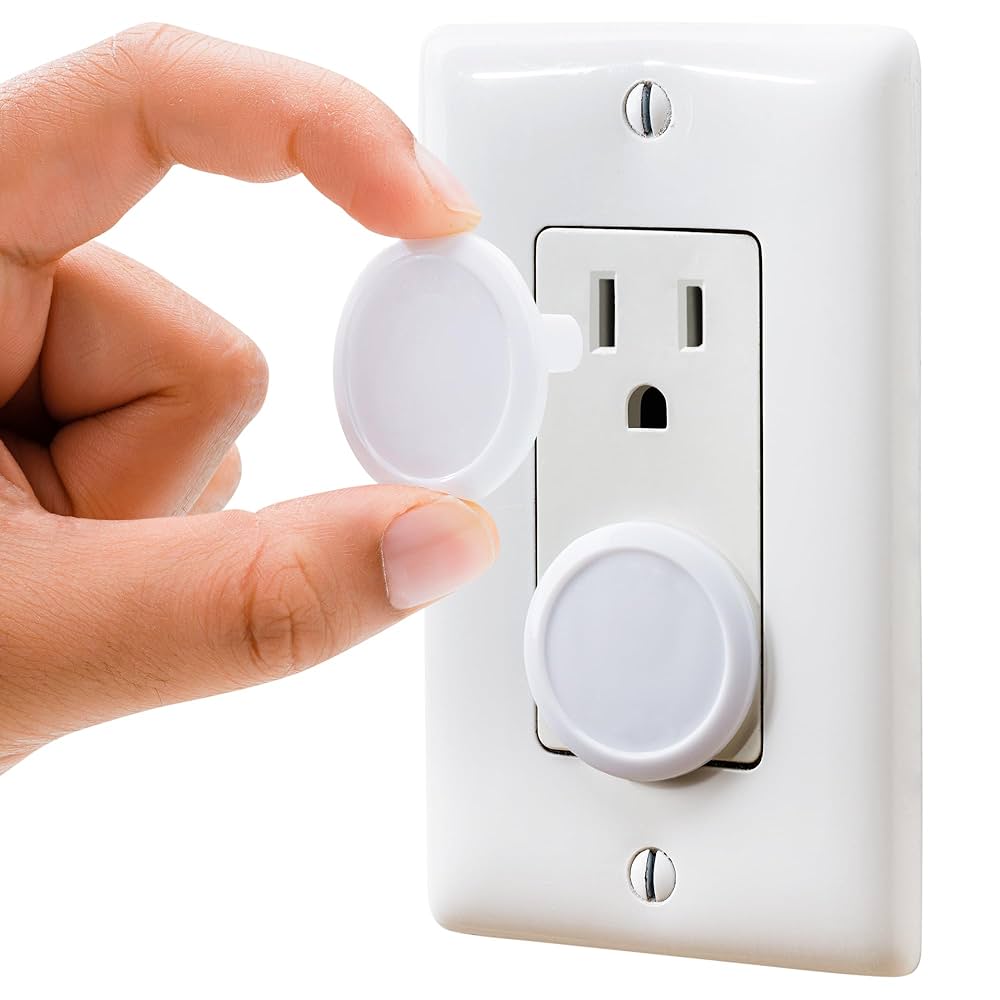Top Electrical Safety Tips for Homeowners: Protect Your Family and Your Home
Introduction: Why This Matters More Than You Think
Picture this: you’re relaxing in your living room when you catch a faint burning smell. At first, you ignore it, thinking maybe it’s from the kitchen. But minutes later, you see smoke curling from behind an outlet. Suddenly, your sanctuary doesn’t feel safe anymore. Unfortunately, this isn’t just a story—it’s a reality many families have faced because of overlooked electrical hazards.
Electrical safety in your home isn’t something you can afford to take lightly. Faulty wiring, overloaded outlets, and neglected maintenance are among the top causes of house fires every year. The truth is, many of these accidents are preventable if you take proactive steps. In this guide, you’ll find practical, easy-to-apply electrical safety tips that will protect not only your property but, more importantly, your loved ones.
Table of Contents
Why Electrical Safety at Home Matters
When it comes to home safety, most people think about locking doors or installing smoke alarms. But your electrical system, hidden behind walls and outlets, can be just as dangerous if ignored.
- Statistics that matter: According to the National Fire Protection Association (NFPA), electrical failures or malfunctions contribute to over 30,000 home fires each year in the U.S., causing hundreds of deaths and millions in damages.
- Personal impact: Beyond statistics, imagine losing irreplaceable family memories, treasured belongings, or even the roof over your head due to a preventable hazard.
- Peace of mind: Staying on top of electrical safety ensures you can go to sleep without worrying about what’s happening in your walls or outlets.
The cost of neglect is higher than the cost of prevention. By following proven tips, you’ll save yourself from costly repairs, insurance battles, and emotional stress.
Essential Electrical Safety Tips for Homeowners
Inspect Electrical Cords and Outlets Regularly
Your electrical cords and outlets are like the veins of your home’s power system. If they’re damaged, everything downstream is at risk.
- Look for frayed cords, cracks in insulation, or burn marks around outlets.
- Never run cords under rugs or furniture, as this traps heat and creates a fire hazard.
- Replace damaged cords immediately instead of taping them up.
👉 Pro Tip: If you feel warmth when touching an outlet or plug, stop using it until an electrician inspects it.
Use the Right Wattage for Appliances and Fixtures
Every fixture and appliance has a recommended wattage, and using bulbs or devices that exceed this can cause overheating.
Here’s a quick guide you can refer to:
| Appliance/Fixture | Recommended Wattage | Risks of Overuse |
|---|---|---|
| Table Lamps | 40–60W | Overheating, fire hazard |
| Ceiling Fixtures | 60–75W | Fixture damage, melting wires |
| Portable Heaters | 1500W | Overloaded circuits, fire |
| Kitchen Appliances | Varies | Tripped breakers, overheating |
👉 Always check the manufacturer’s label before plugging in or replacing bulbs.
Install Ground Fault Circuit Interrupters (GFCIs)
Water and electricity don’t mix. That’s why GFCIs are critical in moisture-prone areas like bathrooms, kitchens, basements, and outdoors.
- GFCIs shut off the current instantly if they detect an imbalance.
- They reduce the risk of electric shock by up to 70%, according to the Electrical Safety Foundation International (ESFI).
- Installation is straightforward, but if you’re not confident, hire a licensed electrician.

Keep Water and Electricity Separate
It sounds obvious, but you’d be surprised how often people forget this basic rule.
- Never touch switches or appliances with wet hands.
- Keep hairdryers, curling irons, or electric razors away from sinks.
- In the kitchen, avoid using appliances near a running sink or wet surface.
Avoid DIY Fixes Without Knowledge
YouTube tutorials may make rewiring look simple, but one wrong move could put your entire home at risk.
- Only attempt tasks you’re absolutely confident about, like replacing a light bulb.
- Complex fixes—installing outlets, rewiring circuits, upgrading breaker panels—should always be left to licensed professionals.
- Common DIY mistakes include using the wrong wire size, mixing aluminum and copper wiring, and overloading breaker boxes.
Advanced Electrical Safety Practices for Extra Protection
Schedule Regular Electrical Inspections
Even if nothing seems wrong, hidden problems could be brewing.
- Have your home inspected every 3–5 years or after major renovations.
- Inspectors check for outdated wiring, faulty panels, proper grounding, and code compliance.
- Early detection prevents disasters.

Upgrade Outdated Wiring and Panels
If your home was built more than 30 years ago, chances are the electrical system isn’t designed for today’s energy demands.
- Signs you need an upgrade: flickering lights, frequent breaker trips, or warm outlets.
- Old fuse boxes can’t handle modern appliances like microwaves, gaming systems, or HVAC units.
- Upgrading boosts safety and can even improve your home’s value.

Use Smart Home Technology for Monitoring
Technology isn’t just for convenience—it can keep you safe.
- Smart plugs alert you if a device draws too much power.
- Circuit monitoring systems detect overloads before they cause problems.
- Many systems let you track energy use via smartphone apps, so you can spot unusual patterns.

Electrical Safety Tips for Families with Children
Children are naturally curious, and outlets look like perfect places for exploration.
- Install childproof outlet covers.
- Teach kids never to insert objects into sockets.
- Keep cords and appliances out of their reach.
- Explain the dangers of mixing water and electronics in simple terms.

Quick Reference Table – Top Electrical Safety Do’s and Don’ts
| Do’s | Don’ts |
|---|---|
| Unplug unused appliances | Overload outlets |
| Use surge protectors | Use frayed cords |
| Hire a licensed electrician | Attempt complex DIY wiring |
| Install GFCIs | Ignore flickering lights |
Frequently Asked Questions About Electrical Safety Tips
What are the most important electrical safety tips for homeowners?
The most essential ones include checking cords regularly, avoiding overloaded outlets, installing GFCIs, and scheduling routine inspections.
How often should I get my home’s electrical system inspected?
Every 3–5 years is ideal, but sooner if you notice issues like breaker trips or unusual smells.
Can I fix electrical problems on my own?
Simple fixes like changing a bulb are fine. Anything involving wiring or panels should be left to licensed electricians.
What are signs of electrical problems at home?
Flickering lights, burning odors, buzzing sounds, or frequently tripped breakers are all red flags.
Conclusion – Make Electrical Safety a Priority in Your Home
Your home should be the place where you and your family feel safest. But without proper care, hidden electrical hazards can turn comfort into catastrophe. By applying these electrical safety tips, you’re not only protecting your property—you’re protecting lives.
Don’t wait until a small issue turns into a costly disaster. Start today: inspect your cords, check your outlets, and if in doubt, call a professional.


